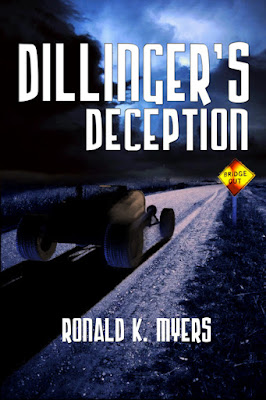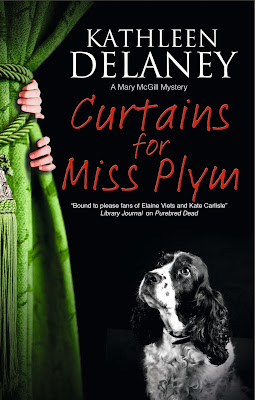Researching Dillinger's Decption by Ronald K. Myers

While doing research for Dillinger’s Deception and Impossible Gold , a suppressed memory of author Ronald K. Myers surfaced: At the age of three, he was in the machine-gun turret protected Jungle Inn casino. While his father was conducting some sort of business there, Myers was inside sitting on a wooden table that was close to one of the steel gun turrets. Not only were machine guns in the turrets, shotguns were also ready for use The man behind the turret must have accidently let a shotgun slip next to the long rectangular opening. It rattled like thunder. Myers jumped up off the board and cried. The man laughed. Every time Myers stopped crying and calmed down, the man rattled the shotgun and laughed. The first in a series, Dillinger’s Deception starts us on a road never traveled before. Here, sensible Freddy, wise guy Rafferty, and the incandescent Neal McCord, push a 1940 hot rod Ford to the limit and r...







